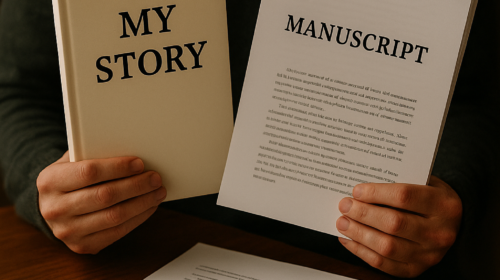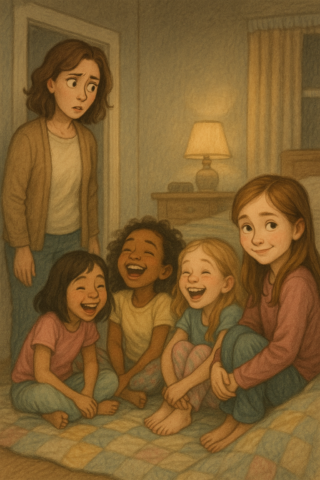Writers are often told to “write what you know,” but no one ever warned me what it would feel like to see my own life, in someone else’s words, splashed across a bestseller’s cover. It started innocently—long conversations over wine with my friend Julia, late-night texts, and stories about my childhood, my heartbreaks, the odd and beautiful pieces that made me, me. Julia listened, asked questions, sometimes even took notes, saying I had a story that deserved to be told.
I never imagined she’d be the one to tell it.
Months later, a mutual friend sent me a link. Julia’s name, right there in the headline: “Debut Novelist Scores Major Book Deal.” The synopsis was all too familiar—a family secret, a hometown scandal, even the phrase I’d always used to describe my father’s smile. It was my life, but rewritten. When I read the sample chapter, I found myself on every page—sometimes twisted, sometimes barely disguised.
The Shock of Recognition
At first, I felt disbelief, then betrayal. Julia hadn’t asked permission or even given me a heads up. She’d changed names, shuffled timelines, but the heart of the story—the secrets, the pain, the tiny triumphs—were undeniably mine.

I messaged her, my hands shaking. “Is your book about me?”
She replied quickly: “It’s inspired by a lot of things. You have such a powerful story! I thought you’d be honored.”
But I wasn’t honored. I felt exposed. The stories I’d shared in confidence were now property of the world, packaged as fiction, but still painfully real.
The Conversation That Followed
I called Julia. The conversation was raw and difficult. I explained that stories—even when “fictionalized”—have consequences. She apologized, said she’d gotten caught up in the excitement and lost sight of how personal it all was. She promised to acknowledge me in the book’s acknowledgments, but the damage was done.
What I Learned
Some stories are ours to tell, and sharing them with a friend doesn’t give them license to claim them as their own. I learned that my boundaries matter, even—especially—with those I trust most. I also learned that it’s okay to be angry, to ask for recognition, and to draw clear lines for what’s private and what’s public.
Julia and I are still in touch, but things are different. I’m more protective of my story now, and I choose my confidants with greater care.
Final Thought
If someone rewrites your story and claims it as their own, don’t shrink away. Speak up, honor your truth, and remember: the most powerful stories are the ones we tell ourselves, in our own words.


